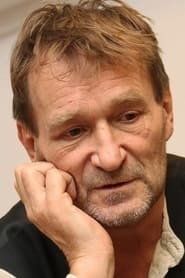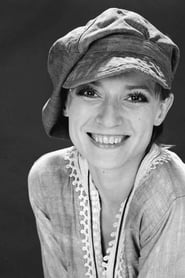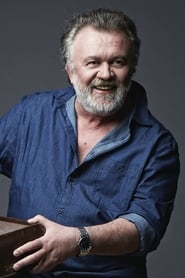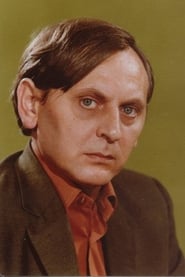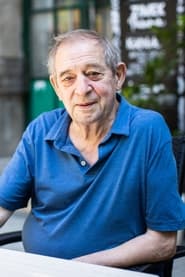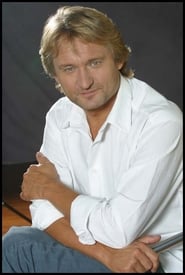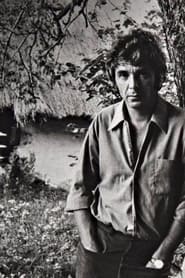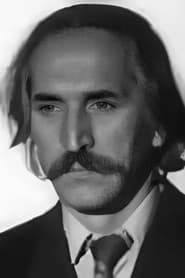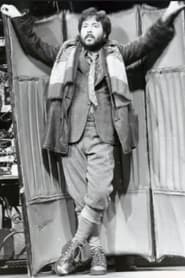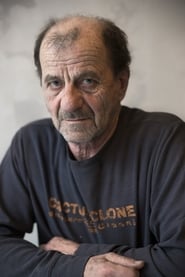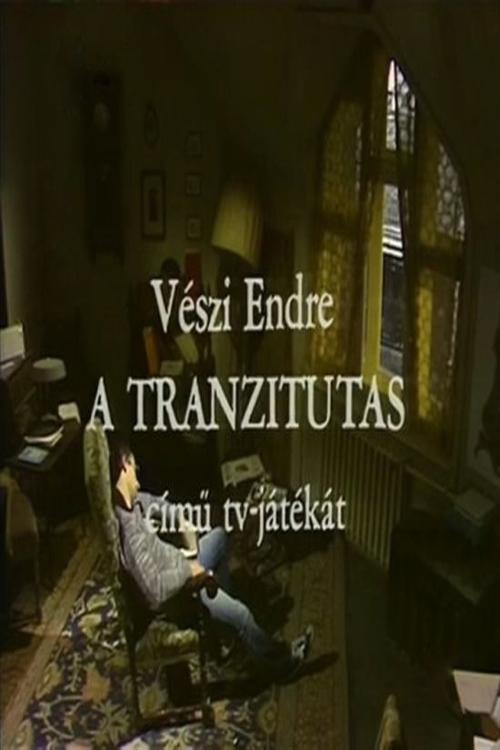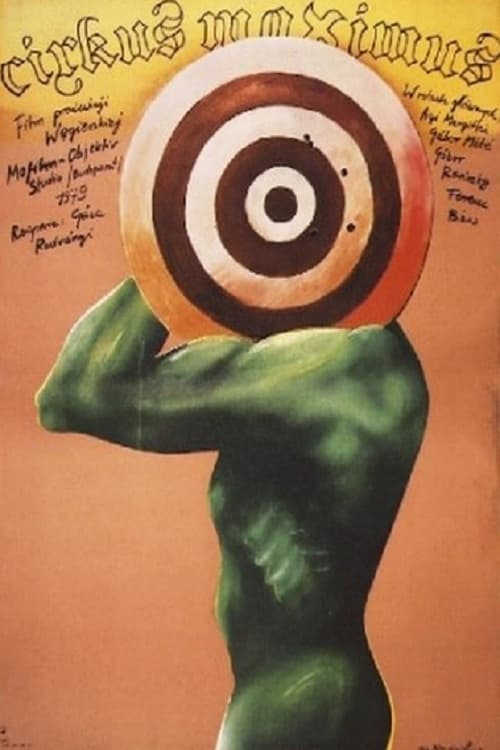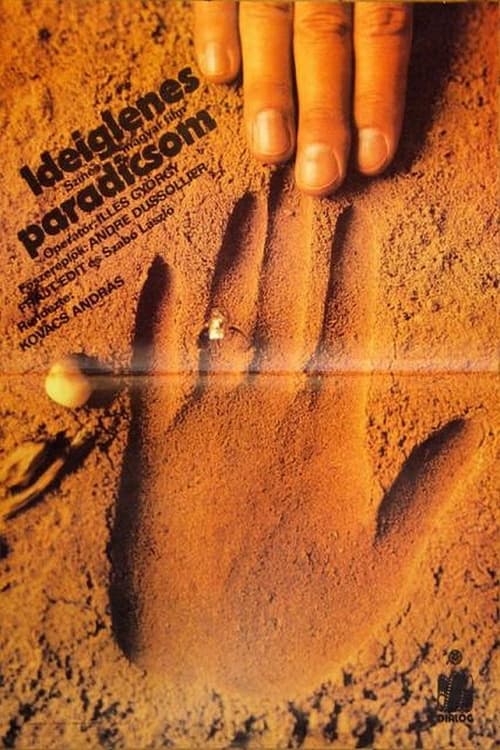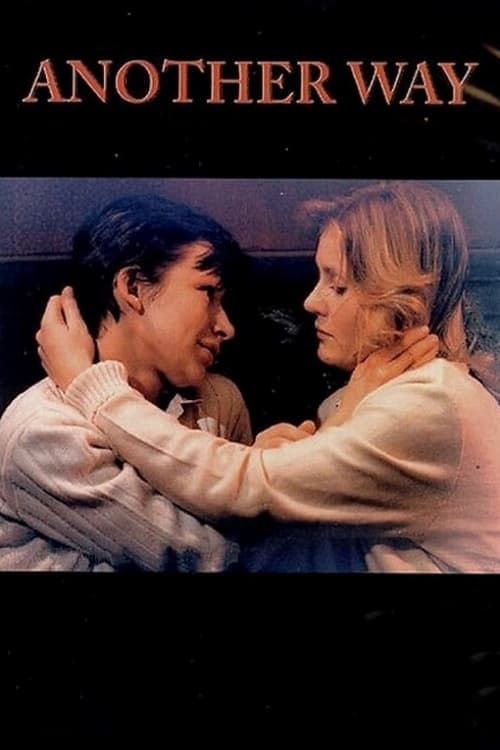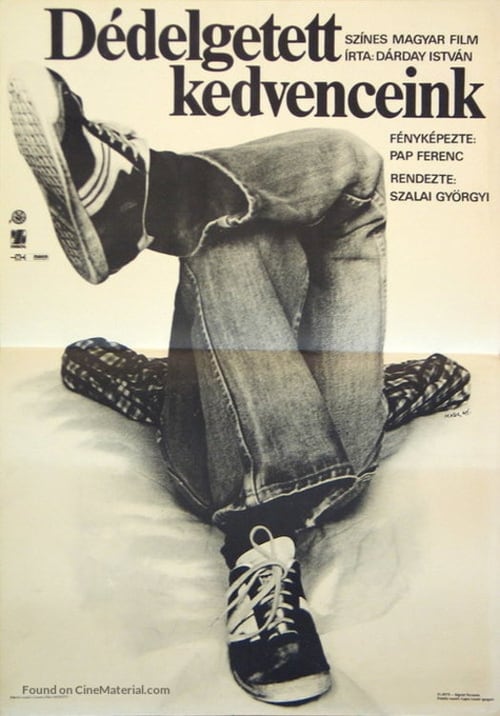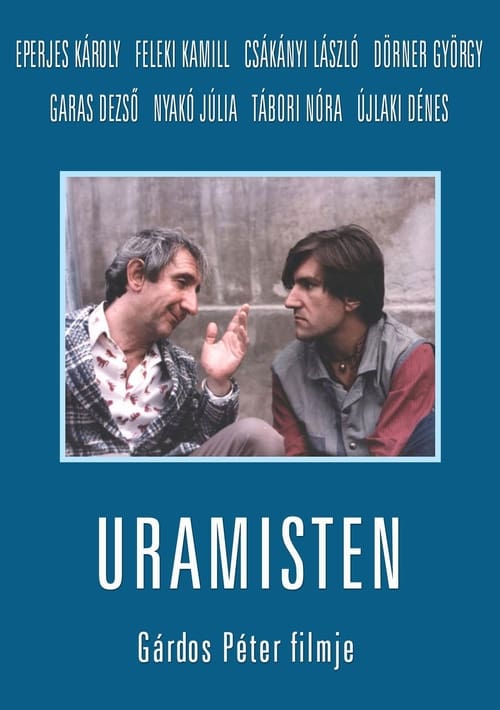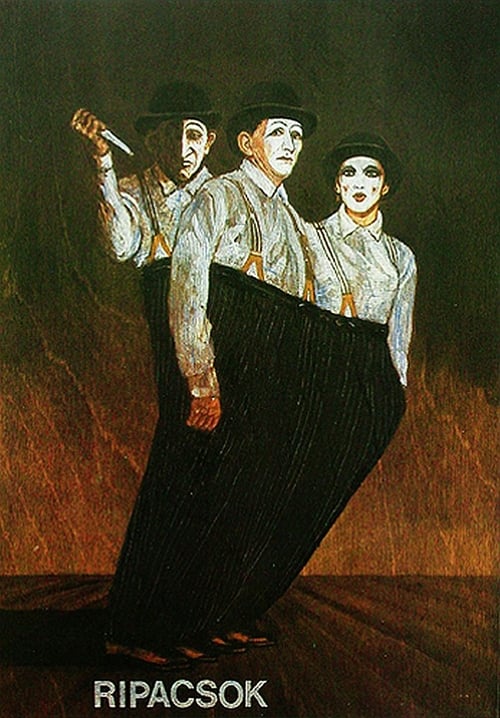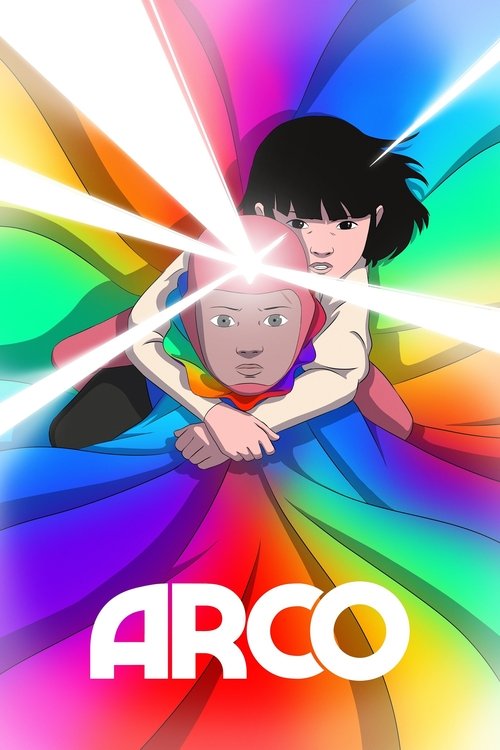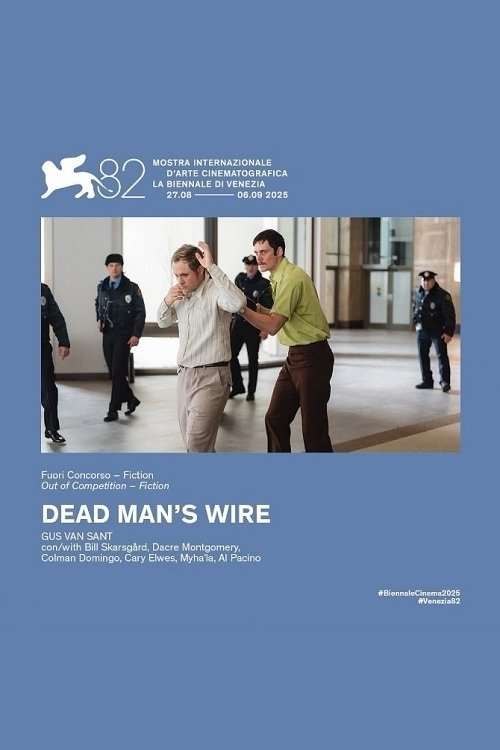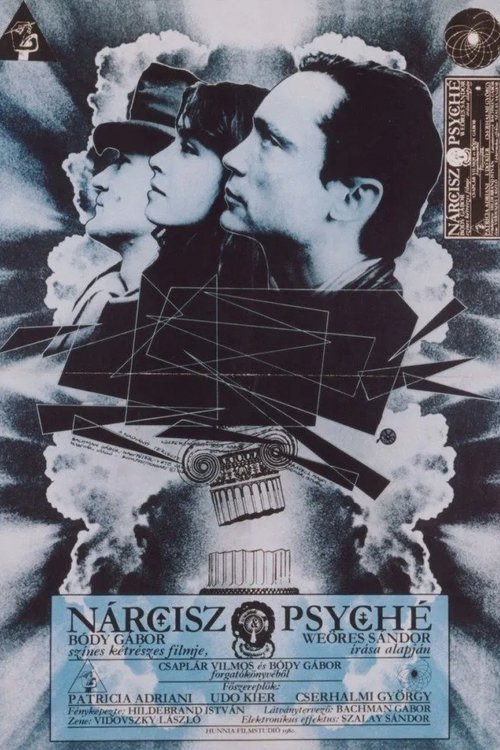
Ask Your Own Question
What is the plot?
On a bleak, desolate heath under a cold, gray sky, Macbeth, the Thane of Glamis, stands alone, his face taut with tension and curiosity. The air is thick with an eerie stillness, broken only by the unsettling voices of three witches--strangely cast as men--whose bearded faces twist into cryptic smiles. They chant in a haunting rhythm, "When shall we three meet again? In thunder, lightning, or in rain?" Their words ripple through the air, chilling and portentous. They hail Macbeth with a prophecy that shakes the very core of his being: "Thane of Glamis, Thane of Cawdor, King hereafter." Macbeth's eyes widen, his mind racing as the weight of their words sinks in, planting the seeds of ambition and dread. This moment, captured in a continuous five-minute shot, is the genesis of his tragic descent, the supernatural spark igniting a burning desire for power that will soon consume him.
The scene shifts seamlessly to the dim, claustrophobic interior of Macbeth's castle, where shadows cling to every corner and candlelight flickers weakly against the gloom. Here, Lady Macbeth appears, her presence commanding and fierce, her eyes alight with ruthless determination. She reads a letter from Macbeth recounting the witches' prophecy, her lips curling into a cold smile as she whispers, "Glamis, and Thane of Cawdor! The greatest is behind." Her voice is a mixture of seduction and steel as she calls upon her husband's courage and ambition, urging him to seize the crown by any means necessary. "Art not without ambition, but without the illness should attend it," she chides, pushing Macbeth toward the dark deed she believes will secure their future.
Macbeth, portrayed with a brooding intensity by György Cserhalmi, wrestles visibly with his conscience. His face, captured in tight close-ups, flickers between resolve and torment. The camera lingers on his trembling hands and haunted eyes as he contemplates the murder of King Duncan, who currently reigns from his camp, a symbol of legitimate authority and order. The tension tightens as Lady Macbeth's influence grows, her manipulations weaving a web of guilt and ambition. "Look like the innocent flower, but be the serpent under't," she advises, her voice low and urgent, sealing Macbeth's fate.
In the dead of night, the castle is shrouded in silence broken only by the soft footsteps of Macbeth as he approaches King Duncan's chamber. The camera's gaze is intimate and unflinching, capturing the cold sweat on Macbeth's brow and the flicker of madness in his eyes. The murder is swift and brutal; Macbeth plunges the dagger into Duncan's sleeping form, the act both a physical and psychological rupture. The king's life is extinguished by Macbeth's hand, a crime that shatters the natural order and sets off a chain of bloodshed. Macbeth's whispered confession, "I am afraid to think what I have done," echoes in the dark halls, a testament to his immediate remorse and mounting paranoia.
As dawn breaks, the castle is awash with whispers and suspicion. Macbeth's paranoia festers; he fears the prophecy that Banquo's descendants will inherit the throne. To thwart this, Macbeth summons assassins and orders the murder of Banquo and his son Fleance. The scene is grim and shadowed, the assassins' blades flashing in the dim light as they strike down Banquo. His death is brutal, but Fleance escapes into the darkness, a lingering threat to Macbeth's tenuous hold on power. Macbeth's voice, cold and resolute, commands, "There's comfort yet; they are assailable," but the escape of Fleance gnaws at his peace.
Macbeth's descent into tyranny deepens as he orders the slaughter of Macduff's wife and children, a merciless act born of fear and vengeance. The camera captures the horror of the innocent victims, their screams muffled by the oppressive silence of the castle walls. This massacre marks a point of no return, revealing Macbeth's transformation from a troubled nobleman into a ruthless despot. The psychological toll on Macbeth is palpable; his face is a mask of haunted desperation, his eyes darting with suspicion and dread.
Meanwhile, Lady Macbeth's own mind unravels under the weight of guilt. Scenes of her sleepwalking, her hands compulsively washing invisible bloodstains, are intercut with her whispered confessions and fragmented memories. "Out, damned spot! Out, I say!" she cries, her voice breaking as madness consumes her. Her death is never shown directly but is implied as a tragic off-screen event, a silent testament to the devastating cost of their crimes. Her absence leaves Macbeth isolated, spiraling deeper into despair.
The film's climax unfolds in a stark, shadowed setting--either within the castle's oppressive confines or on a bleak battlefield--where Macbeth confronts Macduff. The tension is electric as Macduff reveals the crucial twist: "Macduff was from his mother's womb untimely ripped," meaning he was born by Caesarean section and thus not "born of a woman" in the usual sense. This revelation shatters Macbeth's confidence in the witches' prophecy and seals his doom. The ensuing fight is fierce but grimly understated, reflecting the film's minimalist style. Macbeth fights with desperate fury but is ultimately slain by Macduff, his death marking the violent end of his tyrannical reign.
With Macbeth's fall, order is restored as Malcolm ascends to the throne, symbolizing the return of legitimate rule and the healing of Scotland's fractured realm. The final moments linger on the empty throne, the weight of tragedy palpable in the silence. Macbeth's psychological collapse, Lady Macbeth's death, and the brutal toll of ambition and betrayal are laid bare, leaving the viewer with a haunting meditation on power, guilt, and fate.
Béla Tarr's 1982 adaptation of Macbeth is a relentless, claustrophobic journey into the mind of a man undone by prophecy and ambition. Filmed in only two long takes, with intense close-ups and minimalistic staging, the film strips Shakespeare's epic tragedy to its raw emotional core, focusing on the dark, intimate relationship between Macbeth and Lady Macbeth and their shared descent into madness and death.
What is the ending?
In the ending of the 1982 film "Macbeth," Macbeth faces the consequences of his ambition and tyranny. He is confronted by Macduff, who reveals that he was not "born of woman" in the traditional sense, having been delivered via a Caesarean section. In a fierce battle, Macduff kills Macbeth, fulfilling the prophecy. With Macbeth's death, Malcolm is proclaimed king, restoring order to Scotland.
Now, let's delve into the ending in a more detailed narrative fashion:
As the film approaches its climax, the atmosphere is thick with tension and foreboding. Macbeth, now a tyrant consumed by paranoia and guilt, prepares for battle against the forces led by Macduff and Malcolm. The once noble warrior has become a shadow of his former self, haunted by the ghosts of those he has murdered, particularly Banquo and Lady Macbeth. His castle, a dark fortress, stands as a symbol of his isolation and moral decay.
Scene by scene, the narrative unfolds:
The first scene of the climax takes place in Macbeth's castle, where he is informed of the advancing army. He is resolute, clinging to the prophecies of the witches that he cannot be defeated by any man born of a woman. His confidence is a mask for his deep-seated fear, and he prepares for the confrontation with a grim determination. The camera captures his haunted expression, revealing the internal conflict raging within him.
Next, we transition to the battlefield, where the forces of Malcolm and Macduff are seen marching towards Macbeth's stronghold. The landscape is bleak, reflecting the turmoil of the characters. As they approach, the tension escalates, and the sound of clashing swords and battle cries fills the air. The cinematography emphasizes the chaos of war, contrasting sharply with Macbeth's earlier glory.
In a pivotal moment, Macduff confronts Macbeth. The two engage in a fierce duel, their swords clashing with a metallic ring that echoes the finality of their conflict. Macduff, fueled by vengeance for the murder of his family, fights with a fierce intensity. Macbeth, still clinging to the witches' prophecy, taunts Macduff, believing he is invincible. However, the tide turns when Macduff reveals his true nature: he was not born in the usual way but delivered by Caesarean section. This revelation shatters Macbeth's confidence, and the realization of his impending doom washes over him.
The battle culminates in a brutal confrontation, and Macduff ultimately overpowers Macbeth. With a swift and decisive blow, he kills the tyrant, marking the end of Macbeth's reign of terror. As Macbeth falls, the camera lingers on his lifeless body, a stark reminder of the consequences of unchecked ambition and moral corruption.
In the aftermath, Malcolm is declared king, symbolizing the restoration of order and justice in Scotland. The final scenes depict the soldiers rallying around Malcolm, their faces reflecting a mix of relief and hope. The film closes with a sense of resolution, as the chaos of Macbeth's rule gives way to the promise of a new beginning.
In summary, the fates of the main characters are sealed: Macbeth, once a noble warrior, meets his end as a tyrant; Macduff avenges his family and restores honor; and Malcolm ascends to the throne, representing the hope for a better future. The film concludes with a poignant reminder of the destructive power of ambition and the inevitable consequences of one's choices.
Is there a post-credit scene?
What role do the witches play in Macbeth's downfall?
The three witches serve as catalysts for Macbeth's ambition and subsequent downfall. Their prophecies ignite his latent desires for power, leading him to take drastic actions. Throughout the film, their cryptic messages and eerie presence create an atmosphere of foreboding, influencing Macbeth's decisions and ultimately contributing to his tragic fate.
What motivates Macbeth to commit murder in the film?
In the 1982 adaptation of Macbeth, directed by Roman Polanski, Macbeth is driven by a potent mix of ambition and the influence of the supernatural. After encountering the three witches, who prophesy that he will become king, Macbeth becomes consumed by the idea of power. His initial hesitance is overshadowed by Lady Macbeth's manipulation and encouragement, which stirs his ambition and ultimately leads him to murder King Duncan.
How does Lady Macbeth's character evolve throughout the film?
Lady Macbeth begins as a fiercely ambitious and ruthless character, urging Macbeth to seize the throne by any means necessary. As the film progresses, her initial strength and resolve begin to crumble under the weight of guilt and paranoia. The haunting visions and her descent into madness culminate in her tragic demise, showcasing her emotional unraveling as she grapples with the consequences of their actions.
How does Macbeth's relationship with Banquo change after the prophecy?
Initially, Macbeth and Banquo share a close friendship, united by their experiences in battle. However, after the witches' prophecy reveals that Banquo's descendants will inherit the throne, Macbeth's jealousy and fear of losing power lead him to view Banquo as a threat. This shift culminates in Macbeth's decision to have Banquo murdered, marking a significant turning point in their relationship and highlighting Macbeth's moral decline.
What is the significance of the banquet scene in the film?
The banquet scene is pivotal in illustrating Macbeth's psychological unraveling. As he hosts the feast to celebrate his ascension to the throne, he is haunted by the ghost of Banquo, which only he can see. This moment reveals his deep-seated guilt and paranoia, showcasing the internal conflict between his ambition and the moral consequences of his actions. The scene serves as a turning point, as it alienates him from his guests and foreshadows his eventual downfall.



